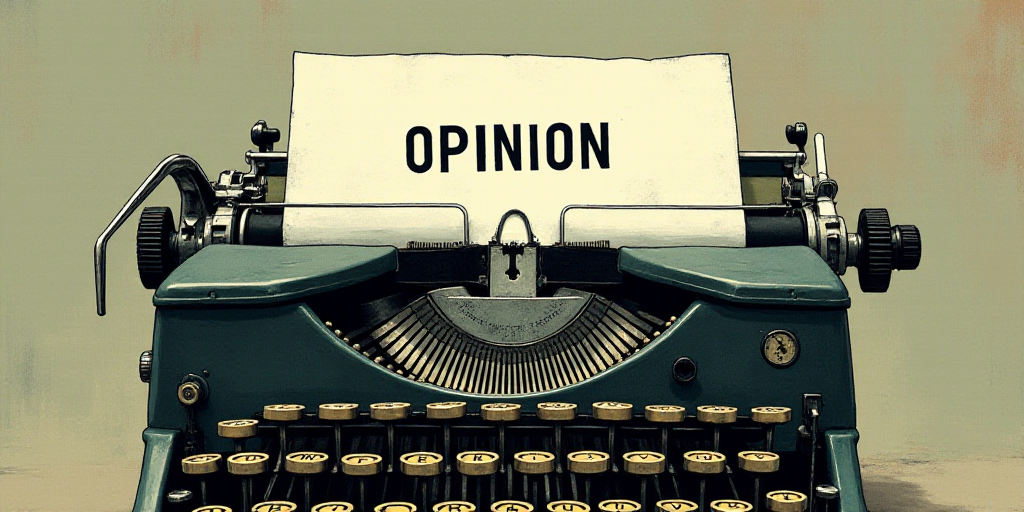Introduction
Every year, on May 9th, the world commemorates the Schuman Declaration proposed by France to then West Germany in 1950. This proposal aimed to establish a European community managing coal and steel, crucial for industrial development in that distant 1950s. Now, nearly 75 years later, the European Union (EU) has faced numerous internal and external crises that have shaped its journey. These challenges range from decision-making disagreements, leading France to temporarily withdraw from the European Community, to the energy price surge in the 1970s, participation in reshaping Europe and global order post-Soviet Union dissolution, euro implementation, borderless travel within the Union, counterterrorism efforts, the 2008 financial crisis, migration dilemmas, the SARS-CoV 2 pandemic, Russia’s invasion of Ukraine, and most recently, Donald Trump’s second presidency in the United States.
Key Challenges and Opportunities
Recent events, such as Russia’s invasion of Ukraine and the trade war initiated by Donald Trump, demand a swift response and strong unity from the EU. This task is complex, as the EU faces simultaneous difficulties in various key sectors like commerce, competitiveness, defense, foreign policy, migration, and the rise of populist movements. The challenges are significant:
- Economic Challenges: Despite being a significant trading power, representing 13.7% of global trade and 17.5% of the world’s GDP, the EU faces threats from a trade war affecting at least 31.1 million jobs dependent on trade with third countries.
- Technological Challenges: The EU does not lead the tech sector, as none of the world’s top 15 technology companies are European.
- International Challenges: The EU lacks essential participation in discussions for peace, be it in Ukraine or the Arab-Israeli conflict. Its diplomatic efforts carry little weight in international negotiations, limiting its influence.
- Defense Challenges: While initiatives like the Strategic Compass, ReArm Europe plan, and Defense of Europe White Paper have made progress, it remains uncertain if there will be sufficient resources to develop a large-scale European defense market.
Despite these challenges, the world needs the EU as a normative international actor. Europeans must continue reflecting on their role in an unordered world not designed for the EU, but most importantly, they must consider balancing a credible defense apparatus with the promotion of values that have long governed the most successful and peaceful integration process in history.
Key Questions and Answers
- What is the significance of May 9th? It commemorates the Schuman Declaration, proposing a European community managing coal and steel, crucial for industrial development in the 1950s.
- What challenges has the EU faced? The EU has encountered numerous crises, including decision-making disagreements, energy price surges, global order reshaping post-Soviet Union, euro implementation, borderless travel, counterterrorism efforts, financial crises, migration dilemmas, pandemic responses, Russia’s invasion of Ukraine, and recent international relations shifts under Donald Trump.
- What are the key challenges for the EU? The EU faces economic, technological, international, and defense challenges. These include threats from a trade war, lack of leadership in the tech sector, limited influence in international peace discussions, and uncertainties in developing a large-scale European defense market.






